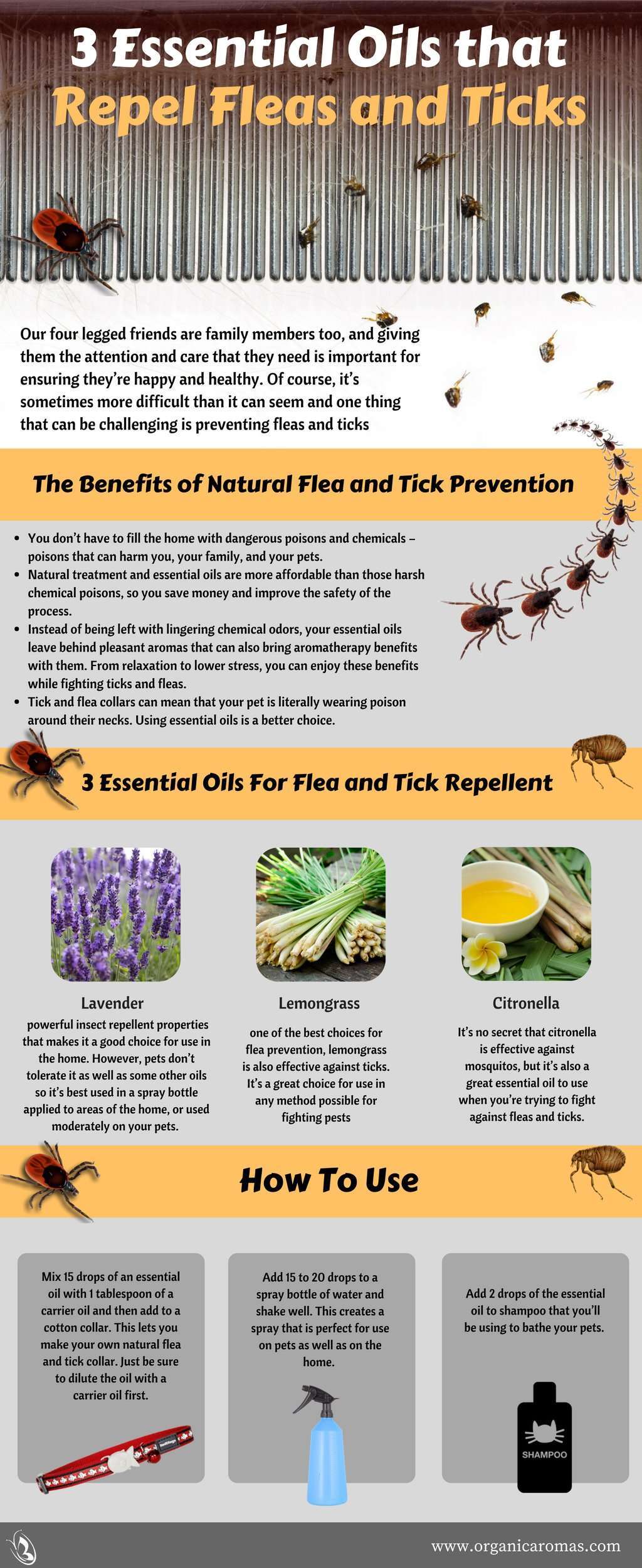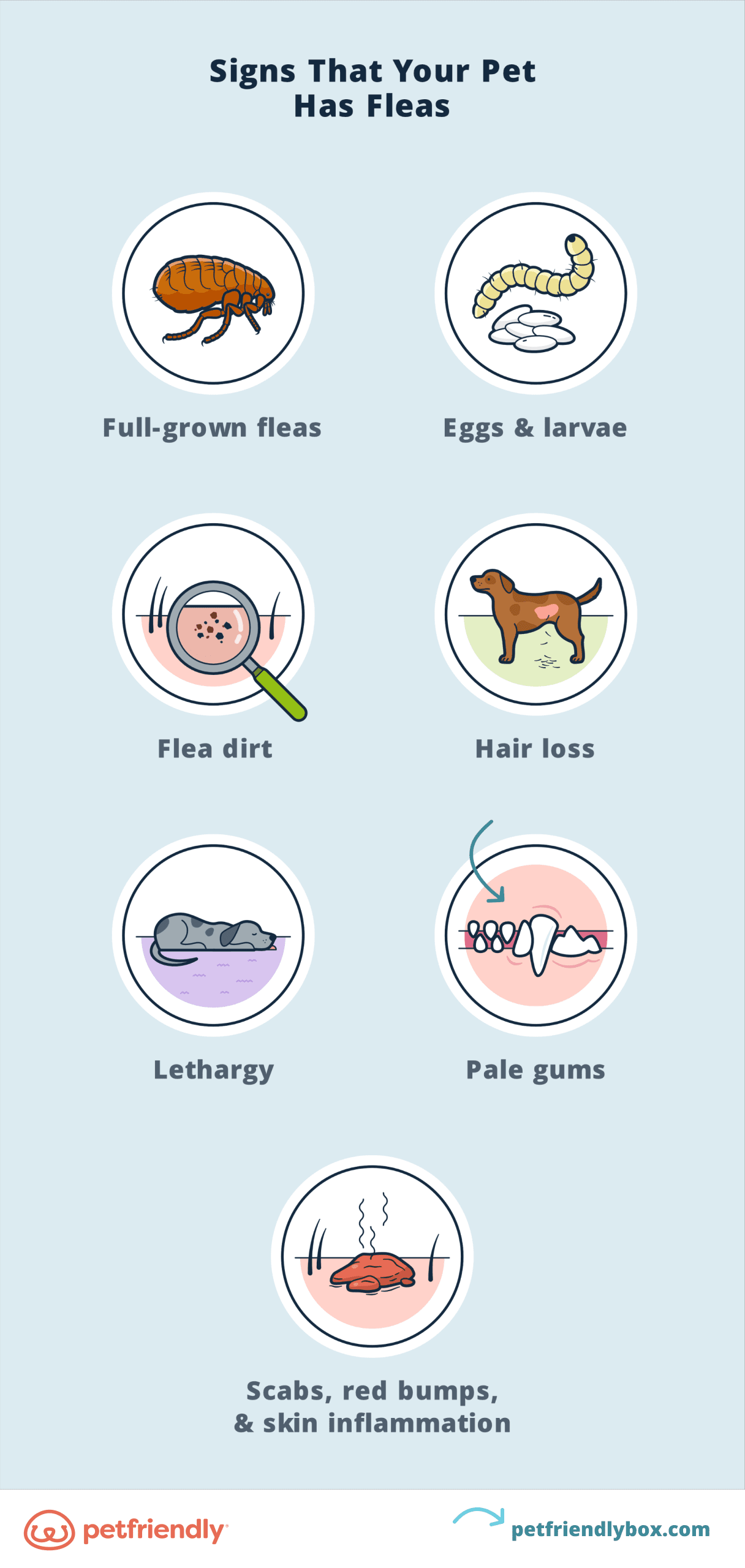Key Takeaways:
- Tea tree oil can be an effective natural remedy for killing fleas on pets and in the home.
- It contains compounds that have insecticidal properties and can help repel and kill fleas.
- When using tea tree oil, it is important to dilute it properly to avoid skin irritation or toxicity in pets.
- Tea tree oil should not be used directly on cats, as they are more sensitive to its effects.
- While tea tree oil can help control flea infestations, it may not be as effective as other conventional flea treatments.
Are you tired of battling pesky fleas that just won't go away? Well, we have some good news for you! Did you know that there is a natural solution that could potentially eliminate those irritating fleas from your home? That's right - tea tree oil might just be the secret weapon you've been looking for. In this article, we will explore whether tea tree oil has the power to kill fleas and why understanding this topic is essential for anyone dealing with these tiny invaders. So, get ready to discover a natural remedy that could bring relief to both you and your furry friends.
What is Tea Tree Oil and How Does it Work Against Fleas?
Tea tree oil is a natural essential oil derived from the leaves of the tea tree, scientifically known as Melaleuca alternifolia. It has been used for centuries by indigenous Australians for its medicinal properties. Tea tree oil contains compounds called terpenes, which have antiseptic, antimicrobial, and insecticidal properties.
When it comes to fleas, tea tree oil works by suffocating and repelling these pesky insects. The strong smell of tea tree oil overwhelms the sensitive olfactory receptors of fleas, making it difficult for them to locate their hosts. Additionally, the oil coats the exoskeleton of fleas, blocking their respiratory system and causing suffocation.
How does tea tree oil suffocate fleas?
Tea tree oil contains volatile compounds that evaporate quickly when exposed to air. These compounds create a thin film on the exoskeleton of fleas, which clogs their spiracles (tiny breathing tubes). As a result, the fleas are unable to breathe properly and eventually suffocate.
Why do fleas dislike tea tree oil?
Fleas have a highly developed sense of smell that helps them find hosts for blood meals. However, they find the strong scent of tea tree oil overwhelming and unpleasant. This makes them avoid areas or animals treated with tea tree oil.
To summarize, tea tree oil is an essential oil derived from the leaves of the tea tree plant. It works against fleas by suffocating them and repelling them due to its strong scent. The volatile compounds in tea tree oil create a film on the flea's exoskeleton that blocks their breathing tubes and leads to suffocation.
Using Tea Tree Oil as a Natural Remedy to Kill Fleas on Pets
Tea tree oil is a popular natural remedy for killing fleas on pets. Its strong scent and properties make it an effective solution for eliminating these pesky parasites. To use tea tree oil, you can create a homemade flea spray by mixing a few drops of tea tree oil with water in a spray bottle. Shake the bottle well and then lightly mist your pet's fur, focusing on areas where fleas are commonly found, such as the neck, back, and tail. Be careful not to spray directly into your pet's eyes or mouth.
Benefits of Using Tea Tree Oil
One of the main benefits of using tea tree oil is that it is a natural alternative to chemical-based flea treatments. It can help kill fleas without exposing your pet to potentially harmful ingredients. Additionally, tea tree oil has antiseptic properties that can soothe any irritated skin caused by flea bites.
Important Note:
While tea tree oil can be effective in killing fleas, it should always be used in moderation and diluted properly. Undiluted tea tree oil can be toxic to pets if ingested or applied in excessive amounts. It is crucial to follow proper guidelines and consult with a veterinarian before using tea tree oil on your pets.
How to Apply Tea Tree Oil to Get Rid of Fleas on Animals
Applying tea tree oil to get rid of fleas on animals is relatively simple. Here's a step-by-step guide:
1. Dilute the tea tree oil: Mix 1-2 drops of tea tree oil with 1 tablespoon of carrier oil, such as coconut or olive oil.
2. Test for sensitivity: Before applying the mixture all over your pet's body, do a patch test by applying a small amount on a small area of their skin. Monitor for any adverse reactions, such as redness or itching, for at least 24 hours.
3. Apply the mixture: Once you've confirmed there is no sensitivity, dip a cotton ball into the diluted tea tree oil mixture and gently rub it onto your pet's fur, focusing on areas where fleas are commonly found.
4. Avoid sensitive areas: Be cautious around sensitive areas like the eyes, nose, and genitals. It's best to avoid applying tea tree oil directly to these areas.
5. Repeat as necessary: Depending on the severity of the flea infestation, you may need to repeat this process every few days until the fleas are completely eliminated.
Remember to always consult with a veterinarian before using tea tree oil on your pets, especially if they have any underlying health conditions or are pregnant/nursing.
Is Tea Tree Oil Safe for Pets? Any Risks Involved?
While tea tree oil can be an effective natural remedy for killing fleas on pets, it is important to be aware of potential risks and use it with caution.
Potential Risks:
1. Toxicity: Tea tree oil can be toxic to pets if ingested in large amounts or applied undiluted. Always dilute tea tree oil properly before using it on your pets.
2. Sensitivity: Some animals may have allergic reactions or sensitivities to tea tree oil. It is essential to perform a patch test before applying it all over your pet's body.
3. Cats and small animals: Cats are more sensitive to essential oils like tea tree oil due to their unique metabolism. It is generally recommended to avoid using tea tree oil on cats unless specifically instructed by a veterinarian.
Consult with a Veterinarian:
To ensure the safety of your pets, it is crucial to consult with a veterinarian before using tea tree oil or any other natural remedies. They can provide personalized advice based on your pet's specific needs and health conditions.
Precautions and Guidelines for Using Tea Tree Oil to Eliminate Fleas
When using tea tree oil to eliminate fleas, it is important to follow these precautions and guidelines:
1. Dilute properly: Always dilute tea tree oil with a carrier oil before applying it to your pets. The recommended ratio is 1-2 drops of tea tree oil per tablespoon of carrier oil.
2. Patch test: Perform a patch test by applying a small amount of the diluted mixture on a small area of your pet's skin. Monitor for any adverse reactions for at least 24 hours before proceeding.
3. Avoid ingestion: Keep tea tree oil away from your pet's mouth and discourage them from licking the treated areas.
4. Avoid sensitive areas: Be cautious when applying tea tree oil near the eyes, nose, and genitals. It's best to avoid these areas altogether or use alternative flea control methods specifically designed for those areas.
5. Use in moderation: Do not overuse tea tree oil as it can be harmful to pets if applied excessively or too frequently.
By following these precautions and guidelines, you can safely use tea tree oil as an effective natural remedy to eliminate fleas on your pets.
Using Tea Tree Oil to Get Rid of Fleas Around the House
Tea tree oil can also be used to get rid of fleas around the house, helping prevent re-infestation on your pets. Here are some methods you can try:
1. Homemade flea spray: Create a homemade flea spray by mixing 10-15 drops of tea tree oil with water in a spray bottle. Shake well and then lightly mist carpets, furniture, bedding, and other areas where fleas may hide.
2. Vacuum regularly: Vacuuming your home regularly can help remove flea eggs, larvae, and adult fleas. After vacuuming, empty the vacuum bag or canister outside to prevent any remaining fleas from re-infesting your home.
3. Wash bedding and fabrics: Wash your pet's bedding, blankets, and any other fabric items they come into contact with in hot water. This will help kill any fleas or eggs present.
4. Use tea tree oil diffusers: Tea tree oil diffusers can help repel fleas and keep them away from your home. Place a few drops of tea tree oil in a diffuser and let it disperse throughout the room.
Remember to always use tea tree oil in moderation and follow proper dilution guidelines when using it around the house.
Alternative Methods or Products for Flea Control Alongside Tea Tree Oil
While tea tree oil can be effective in eliminating fleas, there are alternative methods or products that you can use alongside it for enhanced flea control:
1. Flea combs: Regularly combing your pet with a flea comb can help physically remove adult fleas from their fur.
2. Natural flea shampoos: Look for natural flea shampoos specifically formulated for pets. These shampoos often contain essential oils like tea tree oil along with other ingredients that repel and kill fleas.
3. Diatomaceous earth: Diatomaceous earth is a fine powder made from fossilized algae that can be sprinkled on carpets, furniture, and other areas where fleas may hide. It works by dehydrating and killing adult fleas.
4. Flea collars: Flea collars release chemicals that repel and kill fleas on your pet's neck area.
5. Professional pest control services: If the flea infestation is severe or persists despite using natural remedies, consider seeking professional pest control services to ensure effective elimination of fleas.
By combining tea tree oil with these alternative methods or products, you can create a comprehensive flea control plan for your pets and home.
In conclusion, tea tree oil has shown some effectiveness in repelling and killing fleas. However, it is important to use it carefully and diluted as it can be toxic to pets if used incorrectly. It is best to consult with a veterinarian before using tea tree oil for flea control.
Can I put tea tree oil on my dog to kill fleas?
Certain types of essential oils can be effective in treating fleas on dogs. Citronella, eucalyptus, peppermint, tea tree, and rosemary are all natural repellents for fleas. If your dog is comfortable with a spray bottle, mix a few drops of your preferred essential oil with 300ml-400ml of water and spray it directly onto your dog's fur.
Is tea tree oil toxic to dogs?
Despite its toxicity to cats and dogs, tea tree oil is still used in many pet products. It is often claimed to repel fleas and ticks, treat allergies, and provide relief for skin conditions. However, even a small amount of 100% tea tree oil, as little as 7 drops, can cause severe poisoning, and a larger quantity of 10-20ml can be fatal.
Does tea tree oil kill fleas on cats and dogs?
People suggest using tea tree oil in different forms to repel and eliminate fleas. While tea tree oil can be effective in killing fleas, it is only safe for cats in very small amounts, which may not be enough to effectively repel and eliminate fleas.
What if dog licks tea tree oil?
If your dog or cat has come into contact with tea tree oil, it is important to contact your veterinarian or the Pet Poison helpline immediately for guidance. Make sure to keep your pet hydrated, as it will improve their response to treatment. With prompt and appropriate care, there is a high likelihood of your pet recovering successfully.
Will tea tree oil kill flea eggs?
There is no scientific evidence to support the claim that tea tree oil specifically targets and kills fleas. However, research has shown that tea tree oil can effectively eliminate other types of arthropods, including certain species of ticks and lice.
What is the best homemade flea killer?
To make a flea spray, combine 4 liters of vinegar, 2 liters of water, 500 ml of lemon juice, and 250 ml of witch hazel in a large spray bottle. Before using the spray in your home, make sure to thoroughly vacuum and dispose of the contents outside, as well as wash any bedding or cushions that may be infested.

















